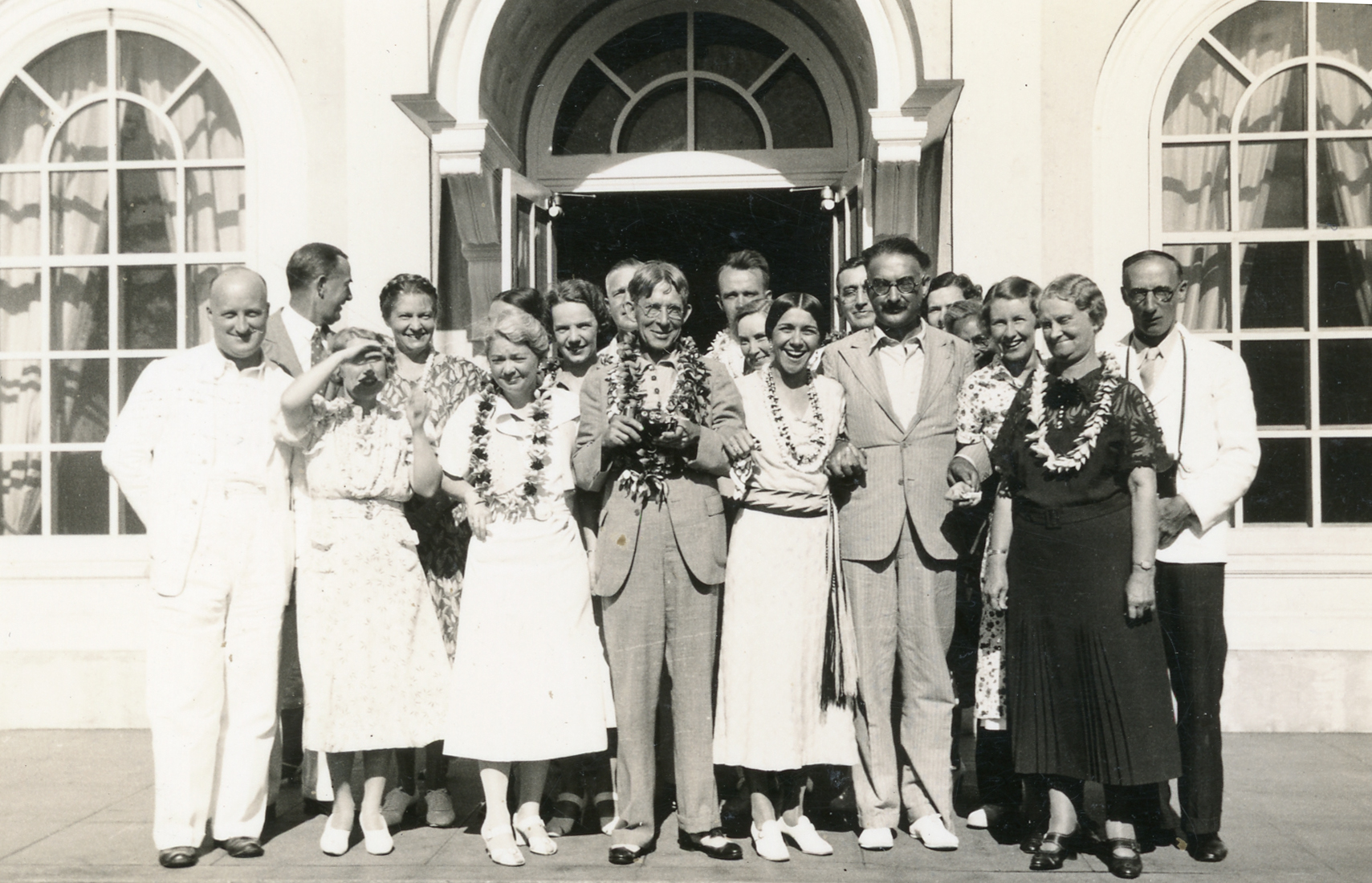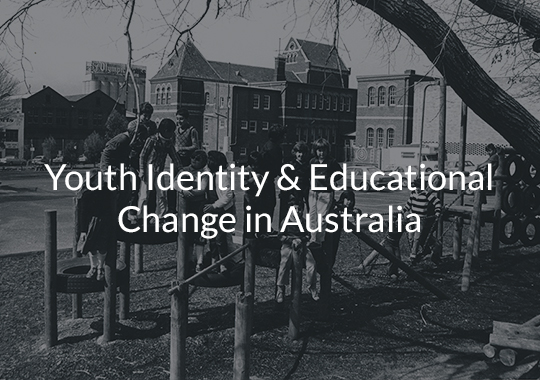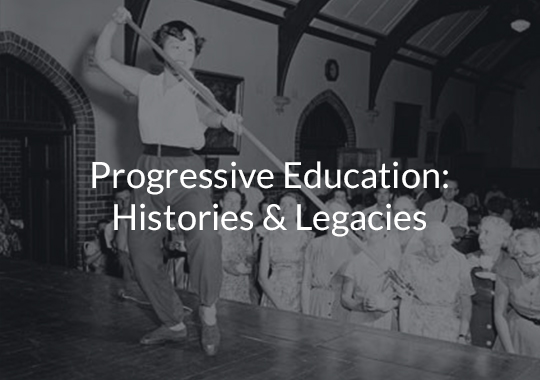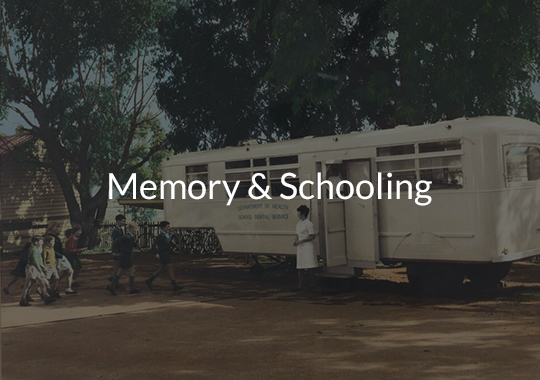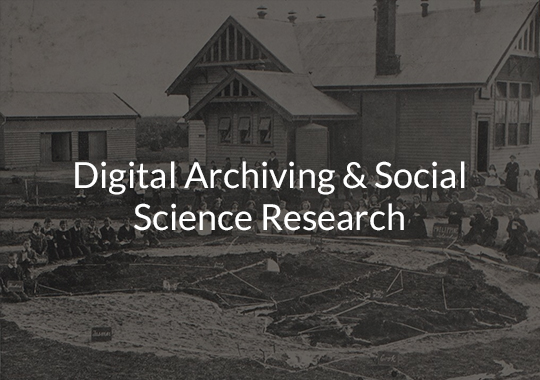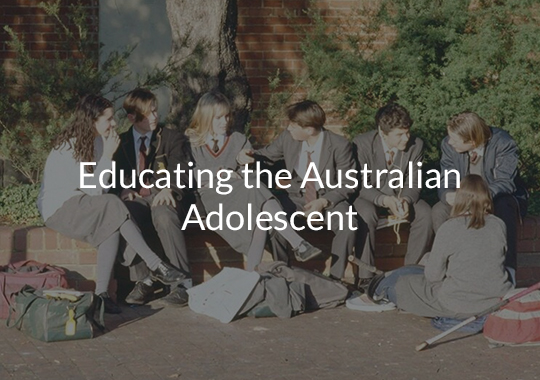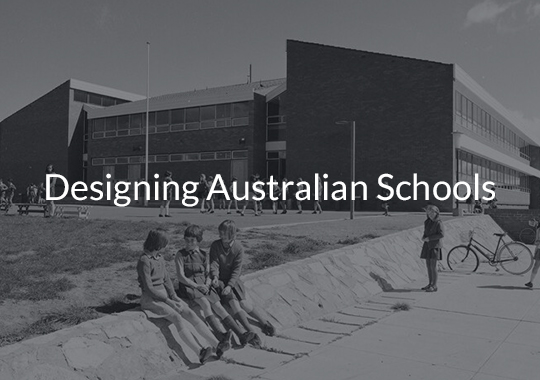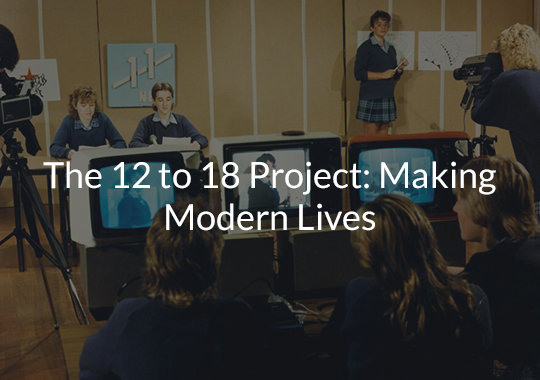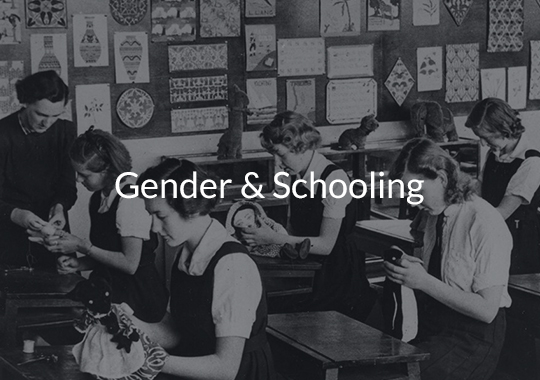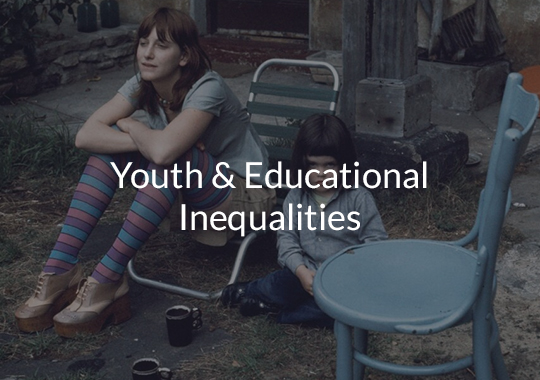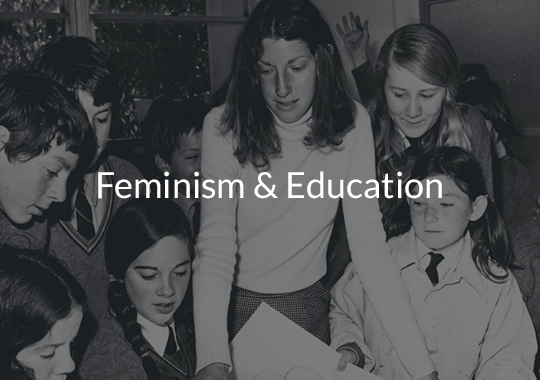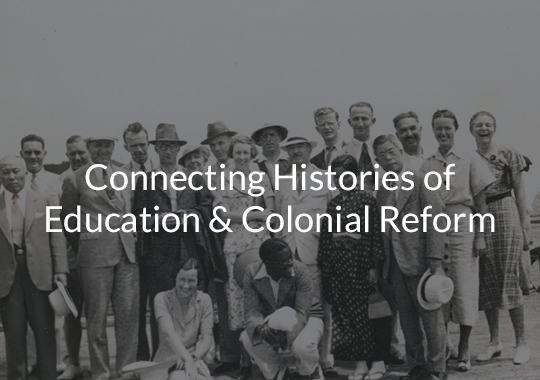This joint project develops a transnational and transimperial approach, embedded in close analysis of historical case studies. These bring into focus sites of interaction between Australian progressives, colonial officials and educators, and those from around the world, including Britain and the United States.
We set out to trace the influence of transnational networks of social science expertise on regimes of educability, race, and youth and childhood, explored in relation to the claimed modernisation of colonialism during this period.
We will investigate Pacific and world networks, conferences and organisations concerned with education reform in the interwar years, such as the League of Nations and the 1936 Hawai’i Seminar Conference on Native Education in Pacific Countries [see photo on home page], which attracted scholars from throughout the world. We have written a preliminary article together on the 1936 seminar in Hawai’i, (see publication list), with another joint paper forthcoming in Pedagogica Historica (2019).
Our approach creates a unique opportunity to investigate the nature and lineage of diverse internationalisms and their impact on a range of stakeholders, including Indigenous representatives seeking educational and colonial reform for their own people.
Secondly, it brings to the fore how those communities negotiated the limits and possibilities of changing ideas about Aboriginal education and childhoods in Australia, which were part of a global set of debates about ‘native’ futures more broadly.
Key questions include
- What was the role and reach of education in the modernisation of colonial governance in the interwar era?
- In what ways did transnational networks of social science expertise influence colonial administrations and progressive educational programs in Australia and worldwide?
- How did Pacific internationalism provide the Dominions with new opportunities for international agency in the interwar project of modernising education and race relations?
- What claim did Indigenous participants and affiliated communities make upon these various debates and ensuing educational and colonial reform projects?

